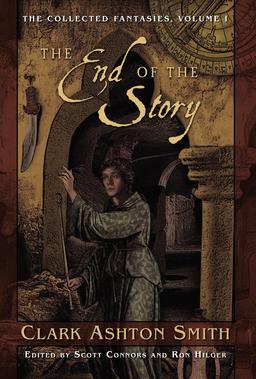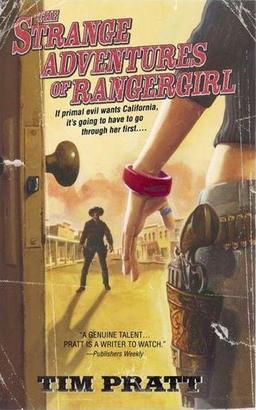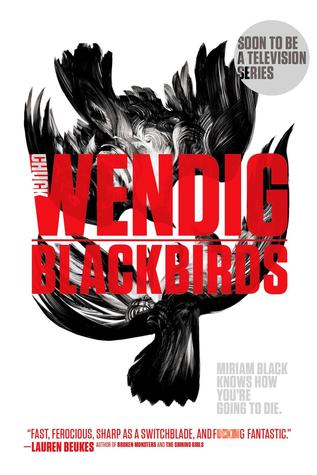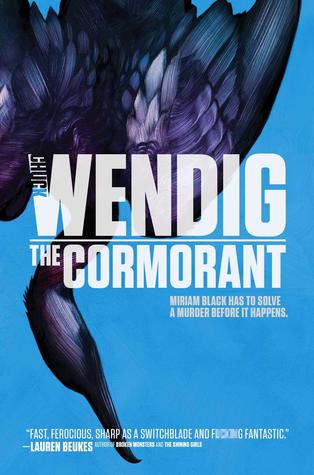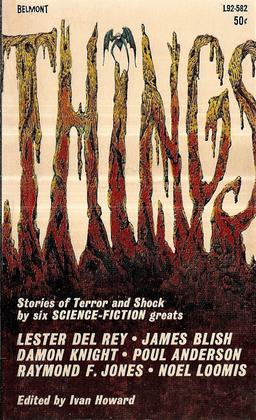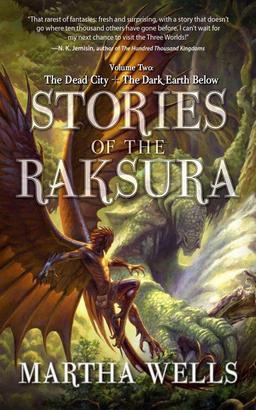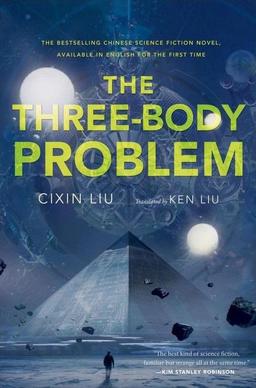New Treasures: Nod by Adrian Barnes
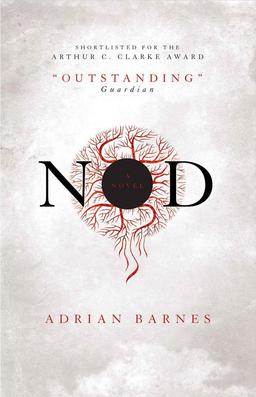 Adrian Barnes’ debut novel Nod was published in hardcover by Bluemoose Books in 2012, and is now available in trade paperback from Titan Books. The tale of an unusual and mysterious apocalypse — one night 99.99% of mankind finds itself unable to sleep, and as one night becomes many, civilization begins to collapse — Nod was shortlisted for the Arthur C. Clarke Award.
Adrian Barnes’ debut novel Nod was published in hardcover by Bluemoose Books in 2012, and is now available in trade paperback from Titan Books. The tale of an unusual and mysterious apocalypse — one night 99.99% of mankind finds itself unable to sleep, and as one night becomes many, civilization begins to collapse — Nod was shortlisted for the Arthur C. Clarke Award.
Dawn breaks over Vancouver and no one in the world has slept the night before, or almost no one. A few people, perhaps one in ten thousand, can still sleep, and they’ve all shared the same golden dream.
After six days of absolute sleep deprivation, psychosis will set in. After four weeks, the body will die. In the interim, panic ensues and a bizarre new world arises in which those previously on the fringes of society take the lead.
Paul, a writer, continues to sleep while his partner Tanya disintegrates before his eyes, and the new world swallows the old one whole.
Adrian Barnes is a Canadian writer. His next novel is titled Dickensian, which he describes as “about a post-modern uber-hipster who finds his life slowly transformed into a Dickensian orgy of the emotions.” It doesn’t yet have a release date.
Nod was published by Titan Books on September 1, 2015. It is 256 pages, priced at $14.95 in trade paperback, and $9.99 for the digital edition. The cover was designed by Julia Lloyd.
See all of our recent New Treasures here.
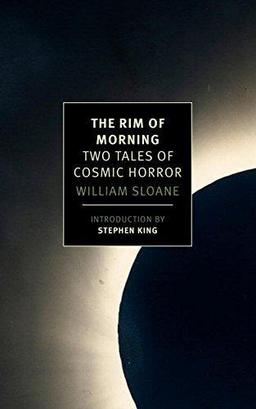
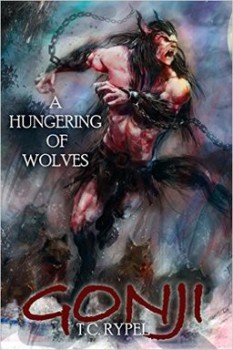 I’ve finally read
I’ve finally read 